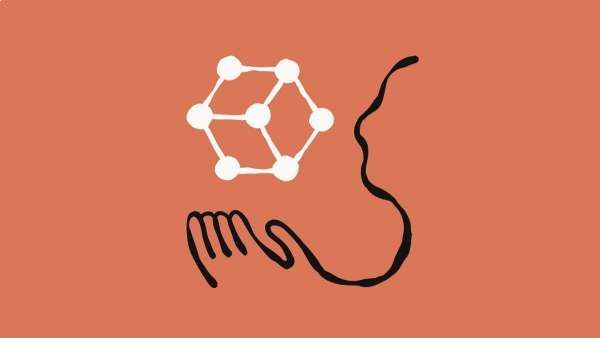
Claude pinpointed duplicative charges, where the hospital billed for a master procedure alongside its individual components, potentially adding around $100,000 that would typically be rejected under Medicare rules.
A family in the United States has used an artificial intelligence chatbot to slash a hospital bill from $195,000 to $33,000 following the death of a relative. The reduction represents more than an 83 percent cut in costs, achieved by spotting errors in the billing process. The account, shared first by Tom's Hardware, highlights potential flaws in medical charging practices but remains unverified by independent sources.
Heart attack leads to death of brother-in-law
The incident involved the poster's brother-in-law, who suffered a fatal heart attack and received four hours of intensive care treatment. At the time, the relative's medical insurance had lapsed two months earlier, leaving the family liable for the full amount. The bill arrived with opaque charges, including $70,000 under "Cardiology," which the hospital partly attributed to investments in upgraded computers.
Claude AI uncovers billing errors
Facing a complex set of charges, the family turned to Claude, an AI chatbot developed by Anthropic, available via a $20 monthly subscription. After obtaining detailed charging codes from hospital administrators, the poster input the data into Claude for analysis. The tool examined standard medical billing norms and flagged several irregularities.
Key violations identified
Claude pinpointed duplicative charges, where the hospital billed for a master procedure alongside its individual components, potentially adding around $100,000 that would typically be rejected under Medicare rules. It also noted improper coding, such as classifying the case as inpatient rather than emergency, and a possible regulatory breach in billing for ventilator services on the same day as admission.
Guided by these findings, the family drafted formal correspondence to the hospital. The letters outlined the issues and warned of legal action, negative publicity, and involvement from legislative committees.
Bill slashed after negotiations
The hospital responded by reducing the bill to $33,000 and suggested pursuing charity care for any remaining balance. The poster described the AI subscription as the best investment made and criticised the hospital for creating its own pricing rules to exploit those unfamiliar with the system. They emphasised that no one should pay more out of pocket than Medicare rates would cover.
The story surfaced on Threads under the handle nthmonkey and was reported on 5 November 2025. While it underscores the value of AI in navigating bureaucratic challenges, experts urge caution as the details have not been corroborated.